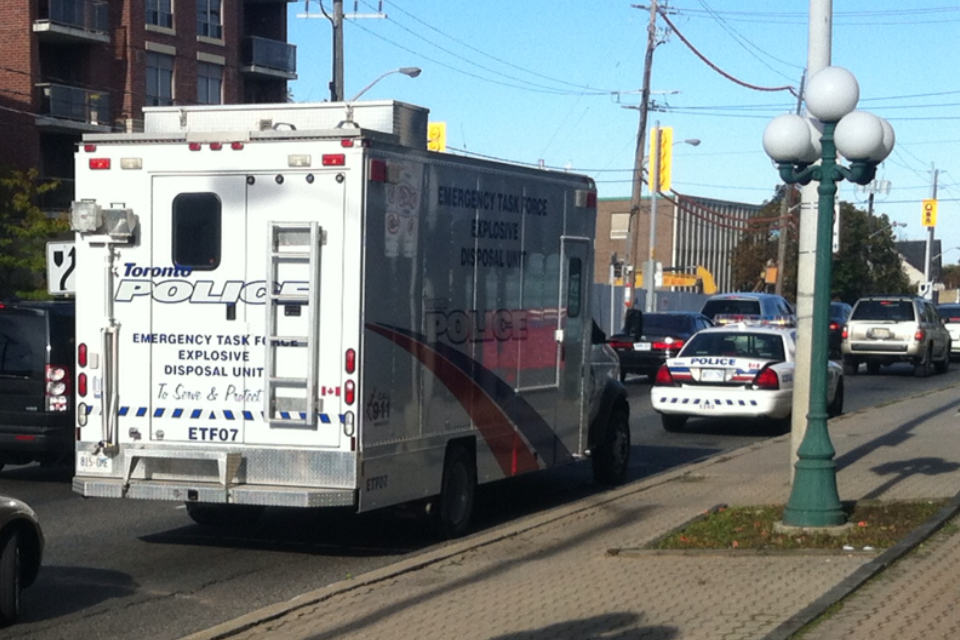 This blog has been written by Sandra Arsenault, Law Clerk at Fasken LLP
This blog has been written by Sandra Arsenault, Law Clerk at Fasken LLP
Picture this: you are an executor cleaning out your mother’s apartment. Under the bed you unexpectedly find five (5) handguns and a hand grenade. Do you (a) call the police, (b) secure the items somewhere safe until you can find someone who knows what to do with them, or (c) put them in a plastic shopping bag and bring them to your lawyer’s office?
I find it fascinating how people can lead such interesting and varied lives. Clients are often collectors, have unique hobbies or even create valuable revenue-producing content. Passions can lead humans to acquire an assortment of specialty items, whether it is an extensive Pokémon collection, which my colleague Demetre Vasilounis blogged about recently here, an expensive art collection or something less tangible such as rights to a comic strip or lyrics to a song.
The executor you ultimately choose is given the task of determining the value of the said articles, whether probate is required to deal with them, who might want them and how to sell or transfer such items. For physical items, the executor also has to determine how best to store, insure and transport them. This may not seem like a daunting task, until you are the executor of an estate with a large gun collection. Suddenly, you are thrown into a world you may know very little about and may feel pressure to become an instant expert on this topic. Or, you could find a trustworthy expert to advise you. Fortunately, an executor is allowed to obtain expert advice and pay for their reasonable services from the estate, which means you are not expected to be an expert at everything.
If in the example above wherein the executor finds the weapons while dealing with their mother’s estate, they choose option (c), please note that you should never actually bring these articles or anything like them to your local lawyer’s office. Having experienced this situation firsthand, we needed to very carefully inventory the items (i.e. take pictures), lock them in a fireproof cabinet and call the local police station. Also, since no one could confirm whether the hand grenade was properly deactivated, the Explosive Disposal Unit (or as some may know it, the “bomb squad”) was brought in to remove the item from our premises. Safe to say this was not your typical day at the office! In the end, we also turned the guns over to the police, which we later discovered was not the ideal course of action. A knowledgeable firearms expert later explained that once firearms are turned over to the authorities, there is a specific protocol which they must follow and it is extremely difficult, almost impossible, to get the guns back even when they are rightfully assets of the estate. These firearms often end up being destroyed. But what if the Testator wanted a specific relative or friend to inherit those guns? What if that gun collection was worth hundreds of thousands of dollars? As for some of the answers, information pertaining to firearms and estates can be found on the RCMP website. Other helpful resources would be a local gun club, a gunsmith or a member of a firing range. Whatever the specialty item is, a good start is to find a professional and ask questions.

1 Comment
Marinus
March 4, 2023 - 4:51 amHere is another resource for those who come across firearms in dealing with Estates https://www.executorscoach.ca